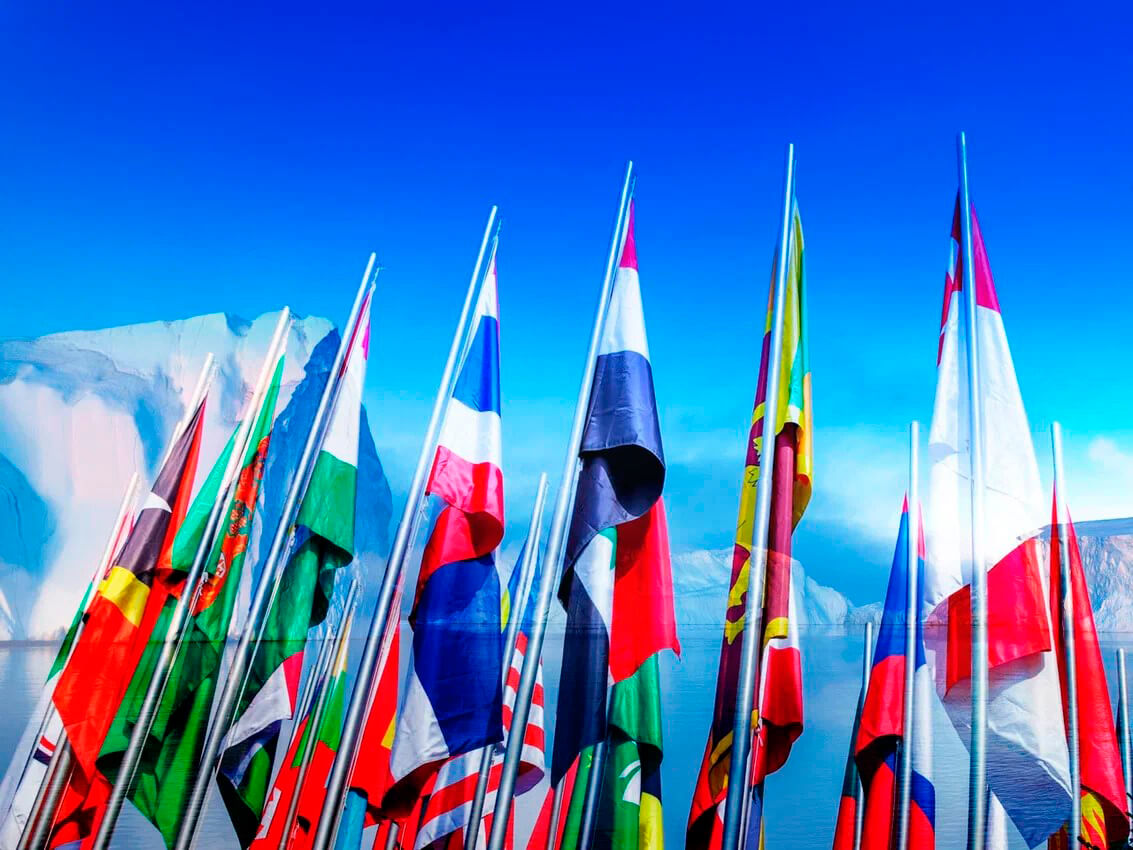
7 September 2022, 10:00–11:30
EEF. FEFU, Building D, level 6, conference hall 18
The Arctic has been and remains one of the most interesting international regions, both in terms of its constituent institutions as well as the nature of how countries collaborate within it. Up until early 2022, cooperation in the Far North seemed to be among the most stable forms of interaction in the world. But the current geopolitical trends pose a number of new challenges that have taken the importance of international cooperation in the Arctic to a new, even higher level and prompted the need to search for an optimal model of cooperation in the Arctic region. The current geopolitical situation highlights the importance of building flexible formats of interaction. The emergence on the world political map of a substantial number of centres of power that differ in terms of the extent of their information technologies as well as their military and economic potential has created additional demands for the leading players as regards maintaining sustainable ties, including in the Arctic region. One of the priorities of Russia’s chairmanship of the Arctic Council is socioeconomic development, which calls for intensifying economic cooperation, infrastructure development, and sustainable navigation in the waters of the Northern Sea Route, in particular through the exchange of experience and practices among Arctic and non-Arctic countries.